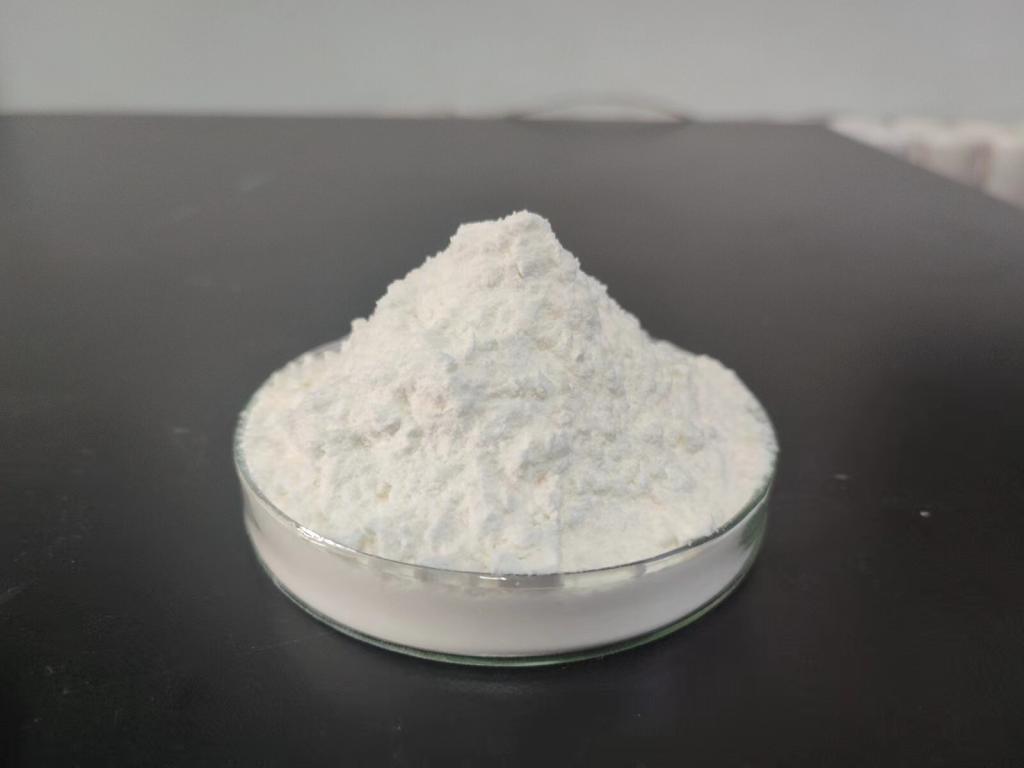Tel:+8618231198596

News
 CONTACT
CONTACT
 CONTACT
CONTACT
- Linkman:Linda Yao
- Tel: +8618231198596
- Email:linda.yao@dcpharma.cn
- Linkman:CHARLES.WANG
- Department:Overseas
- Tel: 0086 0311-85537378 0086 0311-85539701
News
Are there any potential side effects with the use of ε-Polylysine hydrochloride in food products?
TIME:2023-07-27
Introduction:
ε-Polylysine hydrochloride is a cationic homopolymer of L-lysine, produced by fermentation using strains of Streptomyces albulus. Its antimicrobial properties make it an ideal preservative for a wide range of food products, including meat, seafood, dairy, and beverages. While it has gained regulatory approval in various countries, some questions about its safety have emerged.
Overview of ε-Polylysine Hydrochloride:
ε-PL is a water-soluble, heat-stable, and pH-resistant substance. It inhibits the growth of bacteria, yeasts, and molds, thereby extending the shelf life of perishable food items. As a natural peptide, it is biodegradable and poses minimal risk to the environment. The usage level of ε-PL in food products is strictly regulated by food authorities.
Safety Assessment of ε-Polylysine Hydrochloride:
To evaluate the safety of ε-PL in food products, extensive toxicological studies have been conducted. These studies include acute oral toxicity, subchronic toxicity, genotoxicity, and allergenicity assessments. The results of these studies have demonstrated the overall safety of ε-PL within the approved usage levels.
ADI (Acceptable Daily Intake) Determination:
Regulatory bodies worldwide, such as the U.S. Food and Drug Administration (FDA) and the European Food Safety Authority (EFSA), have established an Acceptable Daily Intake (ADI) for ε-PL. The ADI is the amount of a substance that an individual can consume daily throughout their lifetime without appreciable health risk. The set ADI for ε-PL ensures that its use in food products remains safe for consumers.
Potential Side Effects of ε-Polylysine Hydrochloride:
Although ε-PL is considered safe, some potential side effects have been reported in specific cases. These include gastrointestinal discomfort, allergic reactions, and skin sensitization. However, it is essential to note that such adverse effects are relatively rare and are often associated with excessive consumption or individual sensitivities.
Allergenicity and Sensitization:
Some studies have shown that a small percentage of individuals may be sensitive or allergic to ε-PL. As with any food allergen, it is crucial for food manufacturers to label products containing ε-PL properly. People with known sensitivities to ε-PL should exercise caution and avoid consuming foods with this additive.
Interaction with Gut Microbiota:
Another area of concern is the potential impact of ε-PL on gut microbiota. As an antimicrobial agent, it may have some effect on the balance of beneficial bacteria in the digestive system. While research in this area is ongoing, current evidence suggests that at approved usage levels, ε-PL's impact on gut microbiota is minimal and not considered harmful.
Regulatory Oversight:
Government agencies and food regulatory bodies worldwide closely monitor the use of ε-PL in food products. Regular reviews of safety data and risk assessments are conducted to ensure that its use remains safe for consumers.
Conclusion:
ε-Polylysine hydrochloride is a valuable and effective natural preservative used in various food products to prevent spoilage and extend shelf life. Extensive safety assessments have shown that it is generally safe for consumption when used within approved limits. While some potential side effects and allergenicity concerns exist, these are relatively rare and can be managed through proper labeling and consumer awareness. As with any food additive, ongoing research and regulatory oversight are essential to ensure the continued safe use of ε-PL in food products.
Future Perspectives:
As scientific knowledge advances, further studies may provide additional insights into the safety and potential applications of ε-PL. Continued research in allergenicity, gut microbiota interactions, and long-term effects will strengthen our understanding and address any remaining safety concerns.
- Tel:+8618231198596
- Whatsapp:18231198596
- Chat With Skype







